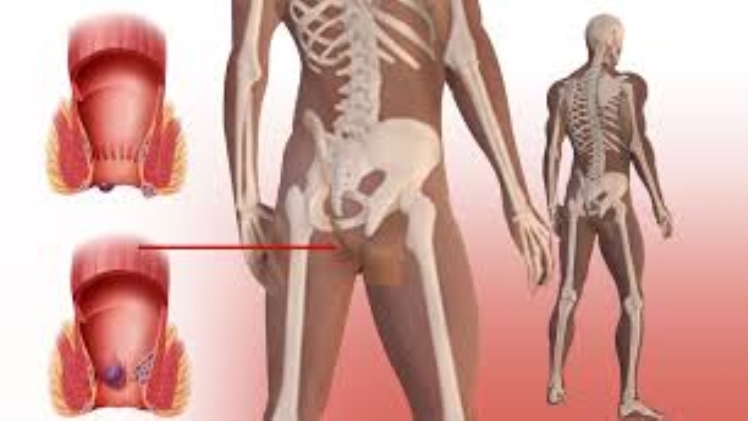Hemorrhoids refer to enlarged veins at the bottom of your anus and rectum. Sometimes the blood vessels’ walls can become so thin that they bulge and cause irritation, especially when you poop. Hemorrhoids are also known as piles.
Rectal bleeding is most commonly caused by hemorrhoids. These conditions often disappear on their own. They may also benefit from treatment.
Hemorrhoids: Causes and Risk Factors
Hemorrhoids can be caused by a variety of conditions and lifestyle habits:
- Diarrhea or constipation.
- Do not strain your bowel movements.
- Long periods of sitting on the toilet
Constipation, straining, prolonged sitting, and other factors can affect blood flow, which causes blood not to move at the expected rate within the vessels. This is known as pooling, which can lead to hemorrhoids.
Factors that increase your chance of developing hemorrhoids
- Low fiber intake can lead to a poor diet.
- Obesity can cause hemorrhoids to become more sensitive.
- Aging: As we age, the connective tissues in our rectum and anus become weaker. This could lead to bulging hemorrhoids.
- Pregnancy: The fetus can grow and put pressure on the abdomen. Veins in the rectum or anus could become larger. The problem usually resolves itself after birth.
Diagnosing Hemorrhoids
Your doctor will ask for your medical history and describe your symptoms. Your doctor may also check for skin irritation, lumps, swelling, prolapsed or external hemorrhoids, and skin tags.
buy cenforce online https://www.adentalcare.com/wp-content/themes/medicare/languages/en/cenforce.html no prescription
These are excess skin that is left after a thrombosed hemorrhoid has absorbed the blood.
To diagnose internal hemorrhoids, your doctor might also examine your stool for blood, check the tone of the anus muscles, and do a rectal exam.
buy vigora online https://www.adentalcare.com/wp-content/themes/medicare/languages/en/vigora.html no prescription
The doctor will perform this exam in his office using a gloved, lubricated hand (a digital rectal exam), and an anoscope (a light tube that is inserted into the anus to check for problems within the lining. If you are older than 40, your doctor may recommend additional tests to rule out other causes of bleeding.
How long does hemorrhoids last?
Hemorrhoids last for a long time
Hemorrhoids can be treated at home. Symptoms should disappear within one week. According to the National Institute for Diabetes and Digestive and Kidney Diseases, if symptoms don’t improve or you experience rectal bleeding, it is best to see your doctor. Bleeding from your rectum can be an indication of digestive tract problems or bowel diseases such as Crohn’s disease, ulcerative colitis, Crohns disease, or anal and colorectal carcinoma. It is important to take it seriously, especially if it occurs after 40 years.
buy avana online https://www.adentalcare.com/wp-content/themes/medicare/languages/en/avana.html no prescription

